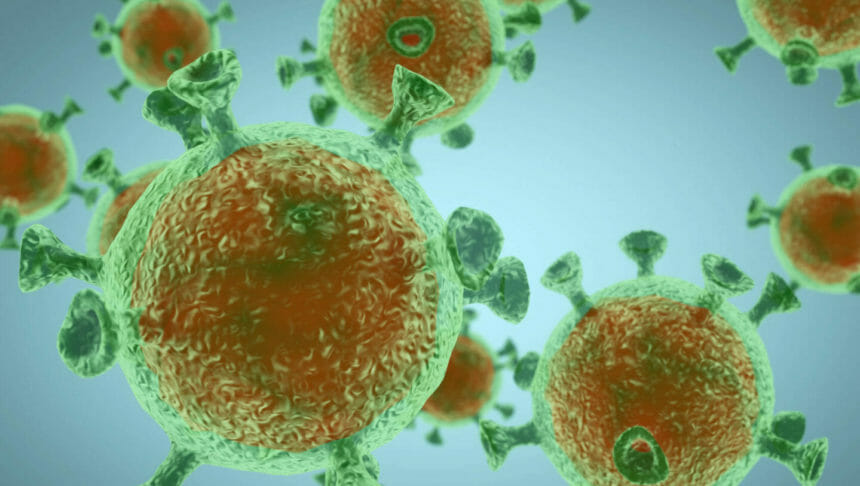
The quest to see how well existing and experimental medications might work on COVID-19 is leading to some unintended consequences, including for gravely ill patients who may have lost access to a last-chance drug.
Some coronavirus patients were left hanging this week when drugmaker Gilead Sciences Inc announced it would temporarily suspend a compassionate use program due to “overwhelming demand.” The company had allowed severely ill individuals who were not trial participants to apply for access to its experimental antiviral drug remdesivir. Now only trial participants can access the drug, although Gilead has made exceptions for pregnant women and for children under 18.
In another twist, patients with autoimmune disease have run short of hydroxychloroquine after it received national interest as a COVID-19 treatment and demand spiked, according to Medscape. The Lupus Foundation has signed a joint letter with other patient advocates urging congress to help ease insurer drug limits so that patients with lupus and rheumatoid arthritis can maintain a consistent supply during the pandemic.
Similar attention has surrounded the malaria drug chloroquine. On Monday, a Phoenix man was reported to have died after ingesting a fish tank cleaner additive containing chloroquine phosphate. He had heard news reports and thought that it may help him avoid the coronavirus, according to CNN. The additive is formulated differently than the prescription drug, and is not meant for human consumption.
Chloroquine and hydroxychloroquine are not federally approved for treating COVID-19 in the United States, though they are currently recommended for treatment of hospitalized COVID-19 patients in several countries “based on limited in-vitro and anecdotal evidence,” the CDC reported this week.
To date, there remains no federally approved drug specifically for the treatment of patients with COVID-19. The CDC this week posted information for clinicians on the usage and availability of chloroquine, hydroxychloroquine and remdesivir when treating coronavirus patients.




